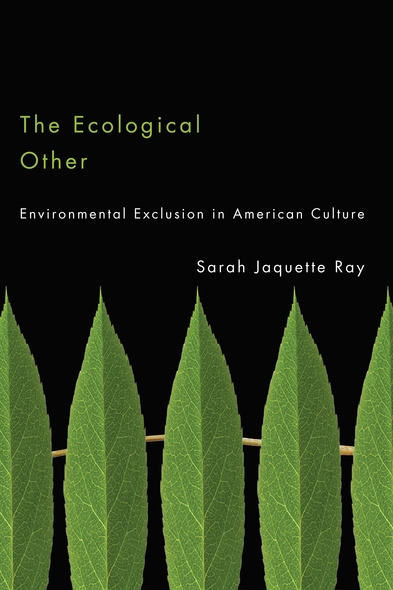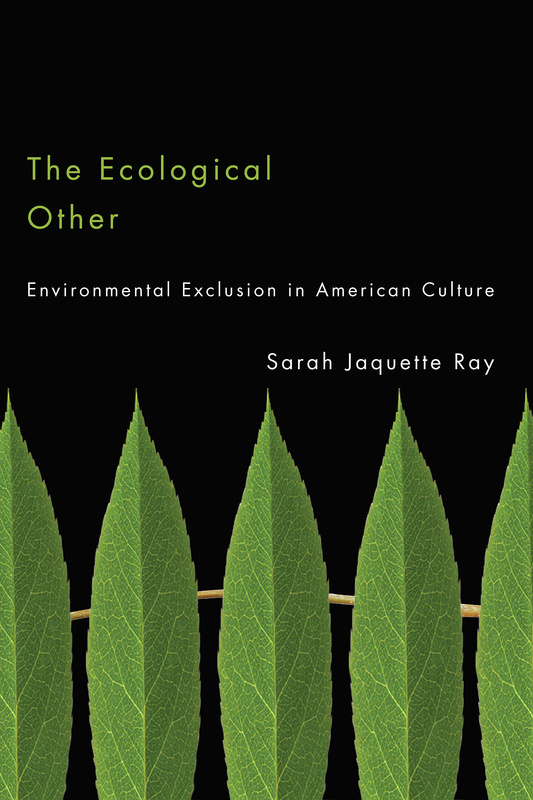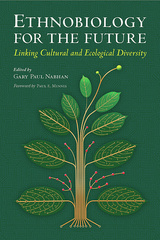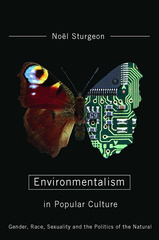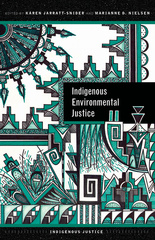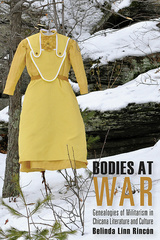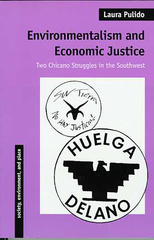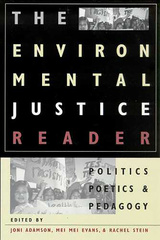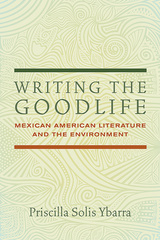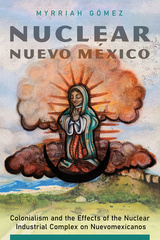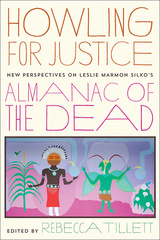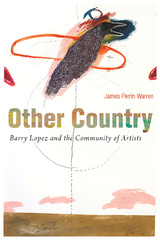The Ecological Other
Environmental Exclusion in American Culture
The University of Arizona Press
With roots in eugenics and other social-control programs, modern American environmentalism is not always as progressive as we would like to think. In The Ecological Other, Sarah Jaquette Ray examines the ways in which environmentalism can create social injustice through discourses of the body.
Ray investigates three categories of ecological otherness: people with disabilities, immigrants, and Native Americans. Extending recent work in environmental justice ecocriticism, Ray argues that the expression of environmental disgust toward certain kinds of bodies draws problematic lines between ecological “subjects”—those who are good for and belong in nature—and ecological “others”—those who are threats to or out of place in nature. Ultimately, The Ecological Other urges us to be more critical of how we use nature as a tool of social control and to be careful about the ways in which we construct our arguments to ensure its protection.
The book challenges long-standing assumptions in environmentalism and will be of interest to those in environmental literature and history, American studies, disability studies, and Native American studies, as well as anyone concerned with issues of environmental justice.
In its critical examination of the disabled body as an ‘ecological other’ that is also raced and gendered, this book adds a very important and innovative perspective to our understanding of constructions of environmentalism and nationalism in the United States.’ —Noël Sturgeon, author of Environmentalism in Popular Culture: Gender, Race, Sexuality, and the Politics of the Natural
Intriguing.' —Interdisciplinary Studies in Literature and Environment
‘Ray challenges assumptions in the field of environmentalism in general and in environment and literature in particular. She raises crucial questions about the way that environmentalism excludes certain groups that environmentalists and environmental studies programs should seriously consider.’ —Rachel Stein, author of New Perspectives on Environmental Justice: Gender, Sexuality, and Activism
Sure to become a seminal work in environmental justice.’ —The Chronicles of Oklahoma
Sarah Jaquette Ray is an assistant professor of English and a coordinator of the Geography and Environmental Studies program at the University of Alaska Southeast in Juneau.

